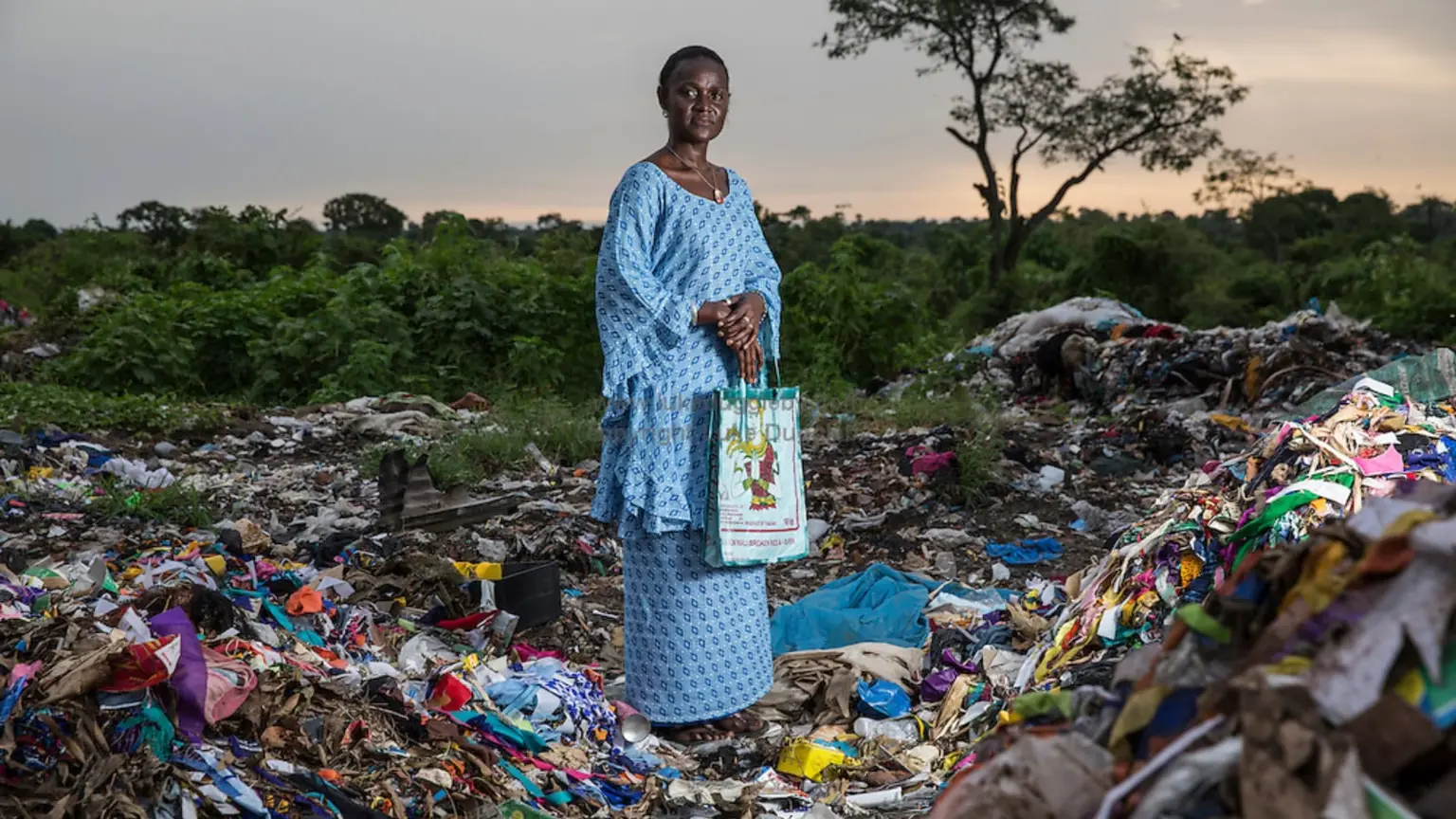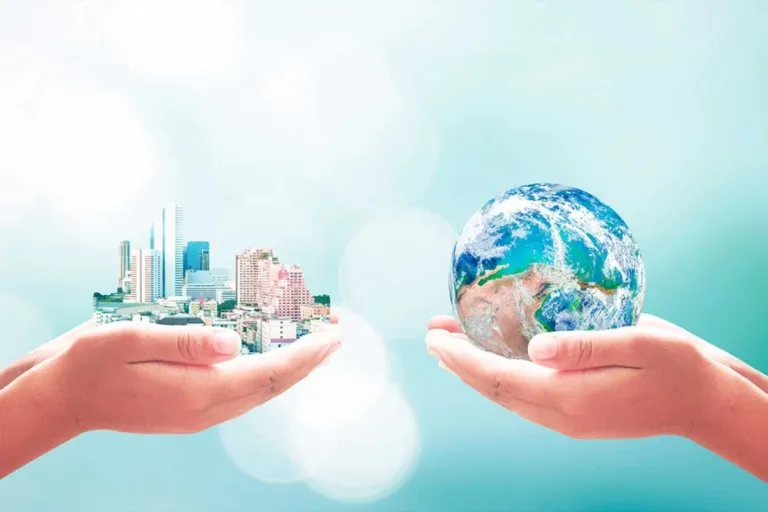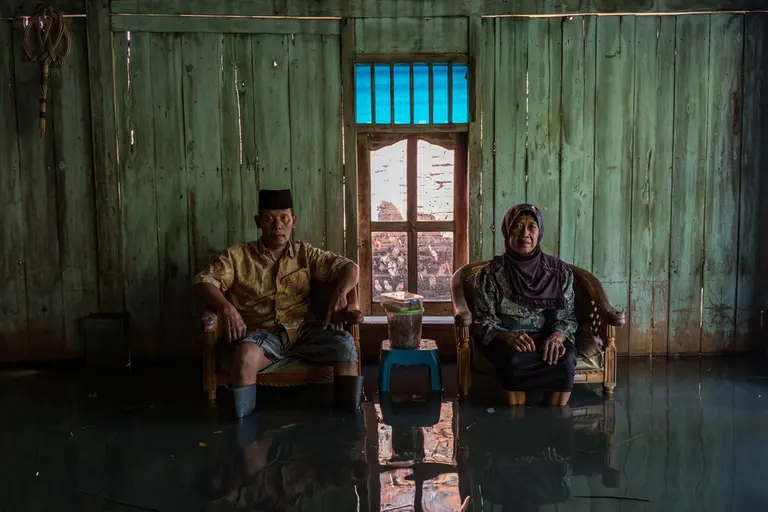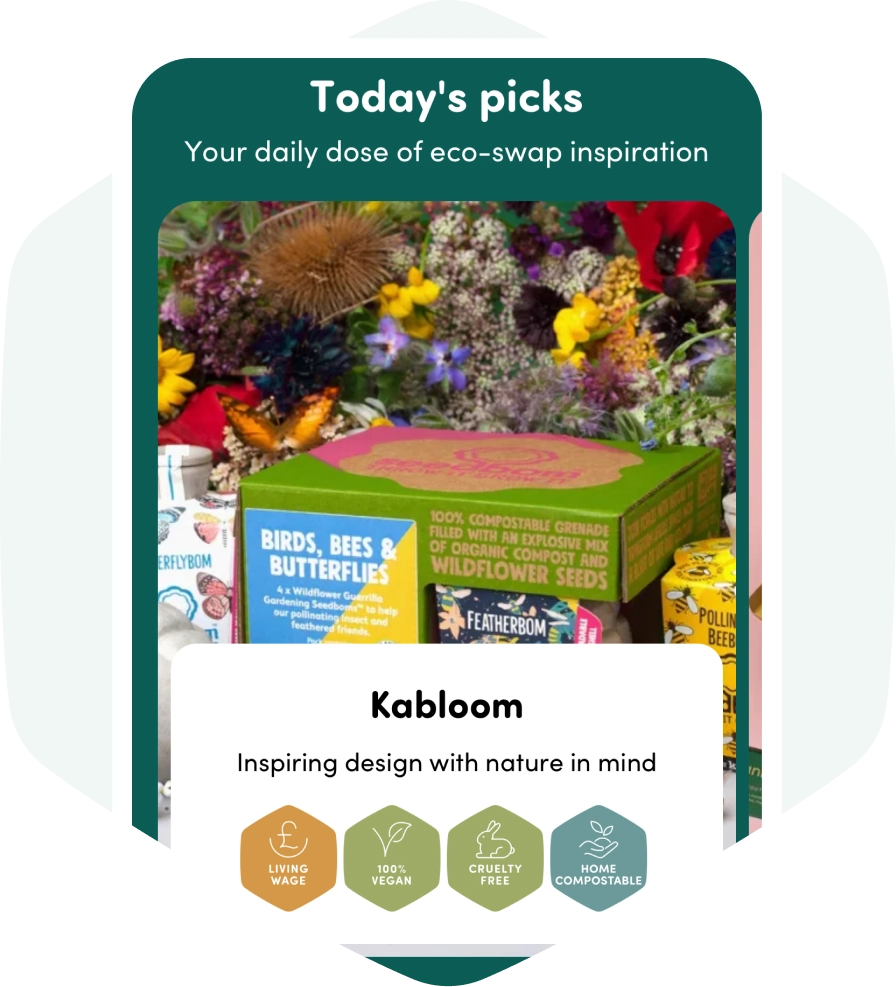The world has been hammered by crises over the past 18 months – chief among them, of course, the global pandemic. But while nations around the globe have been united in the shared challenges of COVID-19 some countries have fared better than others, and they have something in common: women leaders.
As a study by the Centre for Economic Policy and World Economic Forum shows, countries led by women had “systemically and significantly better” outcomes relating to the pandemic. This success highlights what women have known for a long time: gender diversity is absolutely vital in the global leadership mix.
And it’s absolutely vital in the face of our biggest and ongoing global emergency: climate change – especially as studies consistently show that women are more impacted by the climate crisis than men. Women’s voices are vital in the fight against global warming because they are uniquely placed to be changemakers, expanding the possibilities of a sustainable future through foresight, strength and wisdom. And this is more important than ever as the world now looks to ‘build back better’.
So to celebrate the launch of our brand new ‘Female-Led’ ethyBadge, we’re championing seven pioneering women making waves in sustainability – from activists and environmentalists to CEOs and politicians – and who are making the world a better place for all of us.
Isatou Ceesay
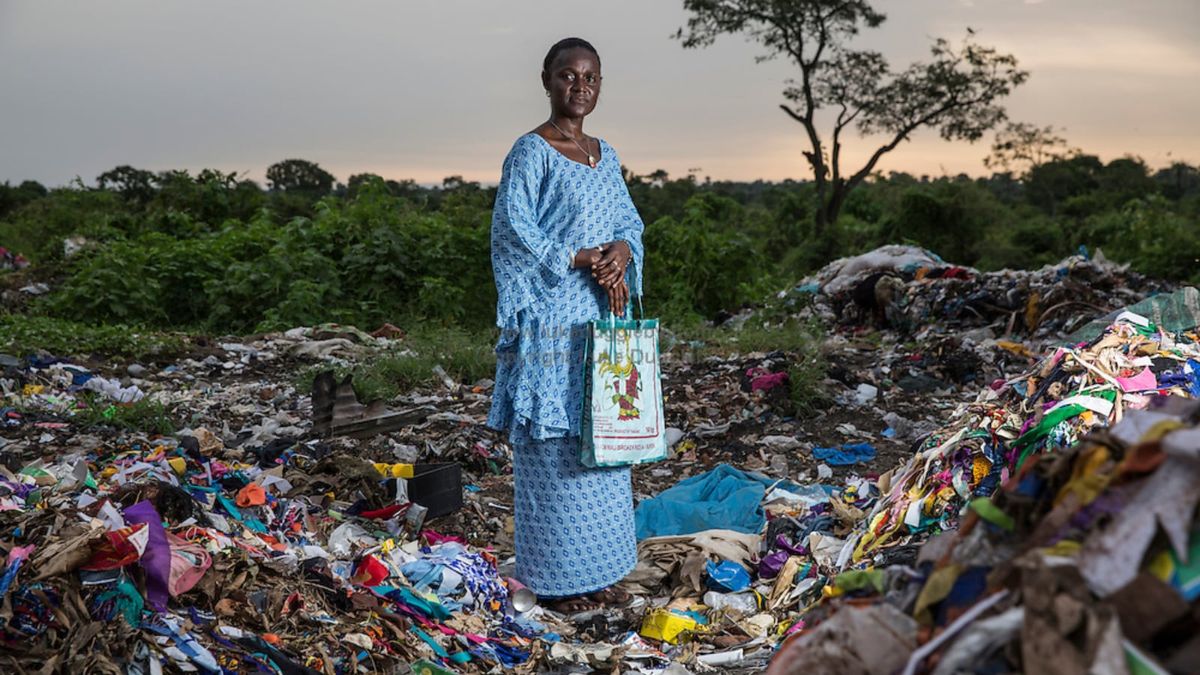
Gambian activist Isatou Ceesay – known as the ‘Queen of Recycling’ – spearheaded the life-changing One Plastic Bag project in her native village of N’Jau in the late 1990s. Her initial plan was to educate her fellow villagers on the importance of reclaiming waste, but the project soon grew into a women-led enterprise turning plastic bags into attractive, durable coin purses that are now sold the world over. Cessay has since been awarded with The International Alliance for Women ‘Difference Maker’ award, and now works with more than 1,000 people in communities across Gambia on recycling and waste reclamation projects.
Helen Clarkson
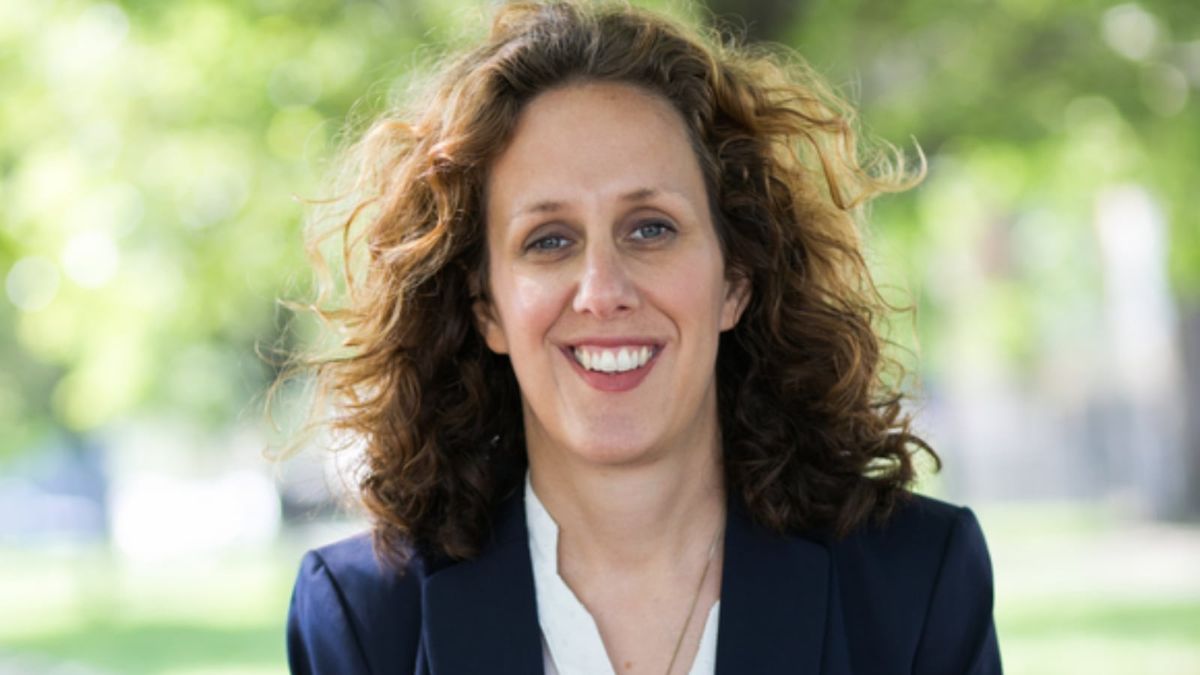
CEO of The Climate Group, Helen Clarkson has an eye-wateringly impressive list of sustainability leadership credentials. After working with Médecins Sans Frontières on humanitarian missions around the world, she joined Forum for the Future, helping major corporations such as Nike, Gap and Walmart tackle their own complex sustainability challenges. Now, as well as heading up The Climate Group – which works with businesses and government leaders around the world to address climate change – Clarkson also sits on the board of the We Mean Business Coalition and chairs the Finance & Audit Committee for the Sustainable Development Capital Energy Efficiency Income Trust.
Janice Lao

Environmental scientist and development economist Janice Lao has been a major force in advancing sustainability in Asia. From lobbying for a ban on shark fin products and launching one of Asia’s first (and hugely oversubscribed) green bonds, to steering luxury hotel chains away from single-use plastics and developing the mathematical model for aviation’s carbon neutral growth strategy, Lao’s tireless leadership rightfully earned her a spot on Forbes’ list of the world’s most influential sustainability leaders in 2018.
Winona LaDuke
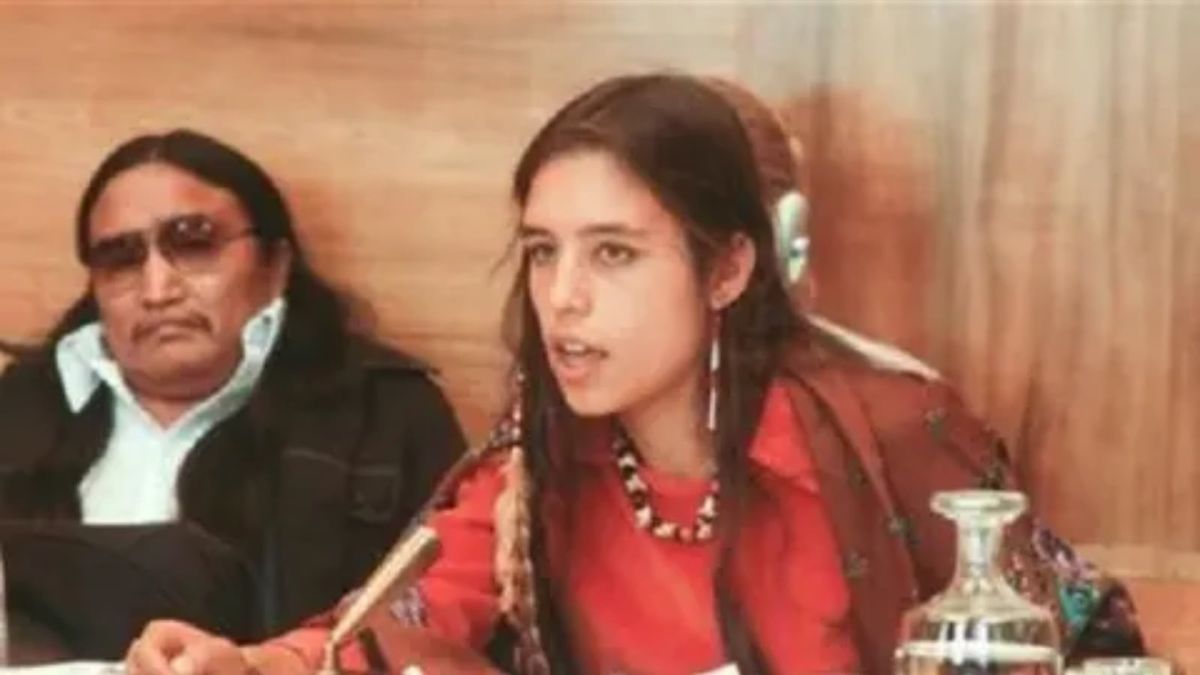
Winona LaDuke is an American economist, environmentalist and writer, known for her pioneering work on tribal land claims, preservation and sustainable development – her environmental advocacy organisation Honor the Earth played a major role in the Dakota Access Pipeline protests. As a member of the Green Party of the United States, LaDuke ran for vice-president in 1996 and 2000, and in 2016 she made history as the first Green Party member to receive an electoral vote. Her resolute sustainability work has been recognised with numerous awards, including the Reebok Human Rights Award and Ms. Woman of the Year award.
Jacinda Arden
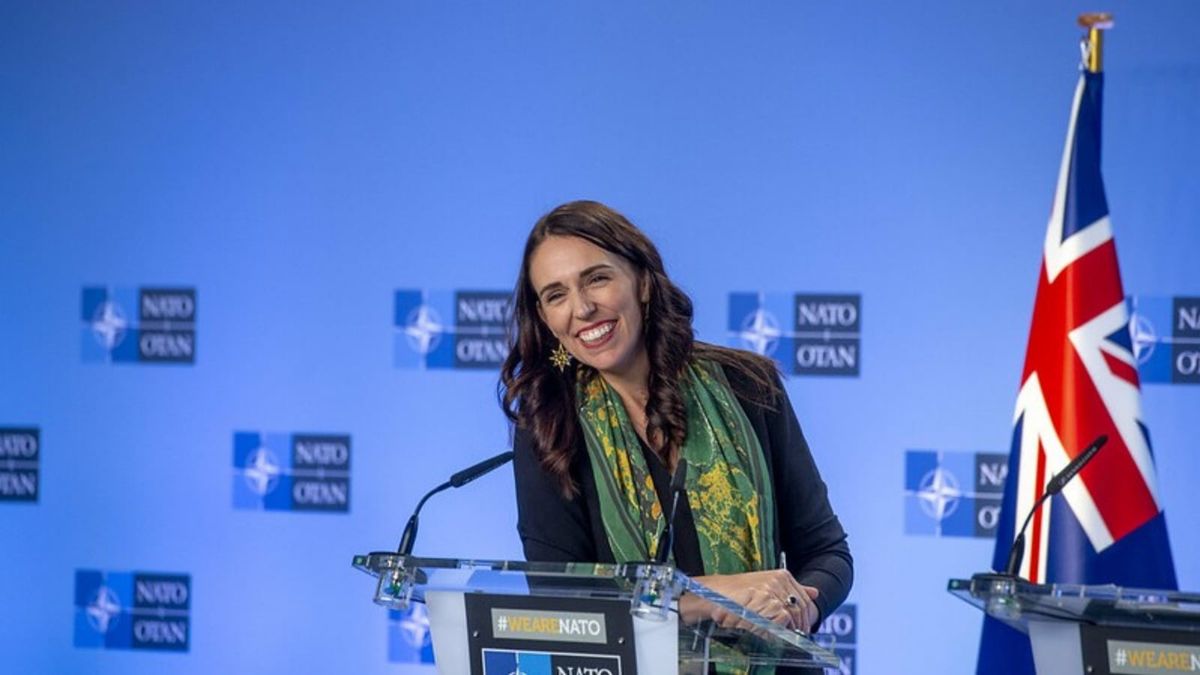
New Zealand prime minister Jacinda Arden captured the hearts of people around the world for her strong and steady leadership during the COVID pandemic, but her forward-thinking climate ambition has long been a hit with her Kiwi constituents. After declaring a climate emergency last year and pledging a carbon-neutral government by 2025, Arden’s latest manifesto includes zero-emissions public transport, removing barriers to renewable energy and the phase out of coal-fired boilers, among other policies designed to tackle what she recognises as “one of the greatest challenges of our time”. She’s now undertaking a second term as New Zealand’s leader following a landslide majority win in October 2020.
Christiana Figueres
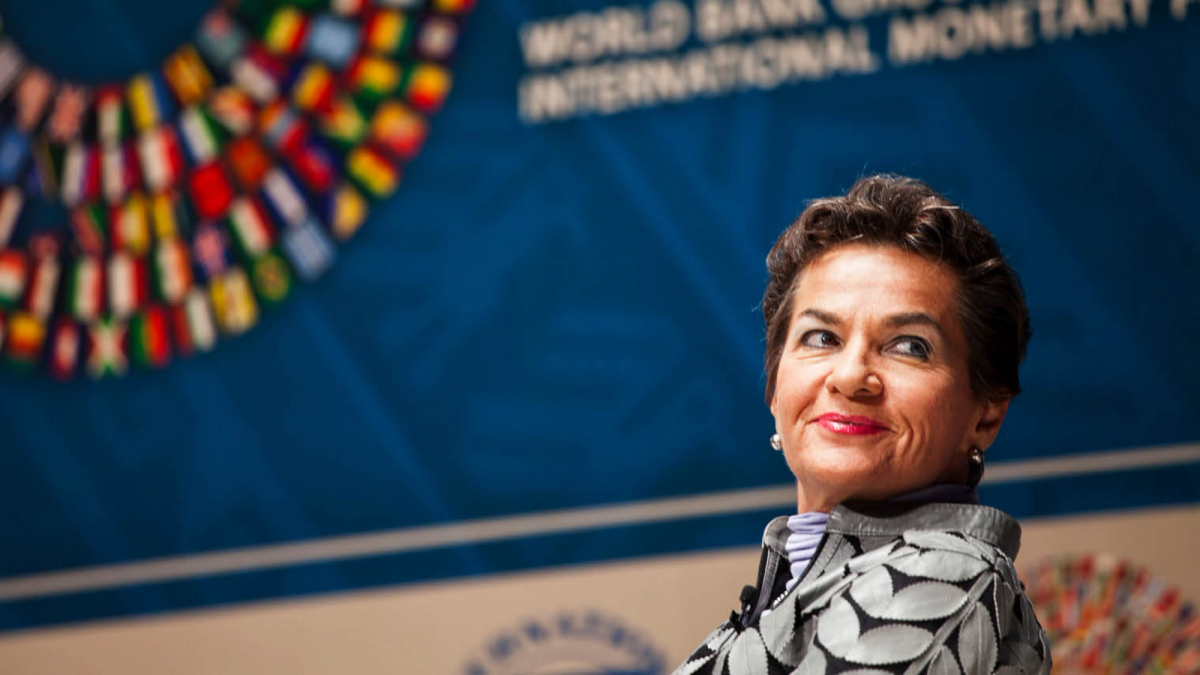
Christiana Figueres is a major political figure on the climate change landscape. As executive secretary of the United Nations Framework Convention on Climate Change (UNFCCC) between 2010 and 2016, she was responsible for directing global climate conferences in Cancun 2010, Durban 2011, Doha 2012, Warsaw 2013 and Lima 2014, culminating her efforts in the historical and game-changing Paris Agreement of 2015. Figueres been recognised with a seemingly-endless list of awards and accolades, and continues to push for change through talks, writing and her organisation Global Optimism, which aims to change the negative narrative around about climate change to one of hope and opportunity.
Stella McCartney
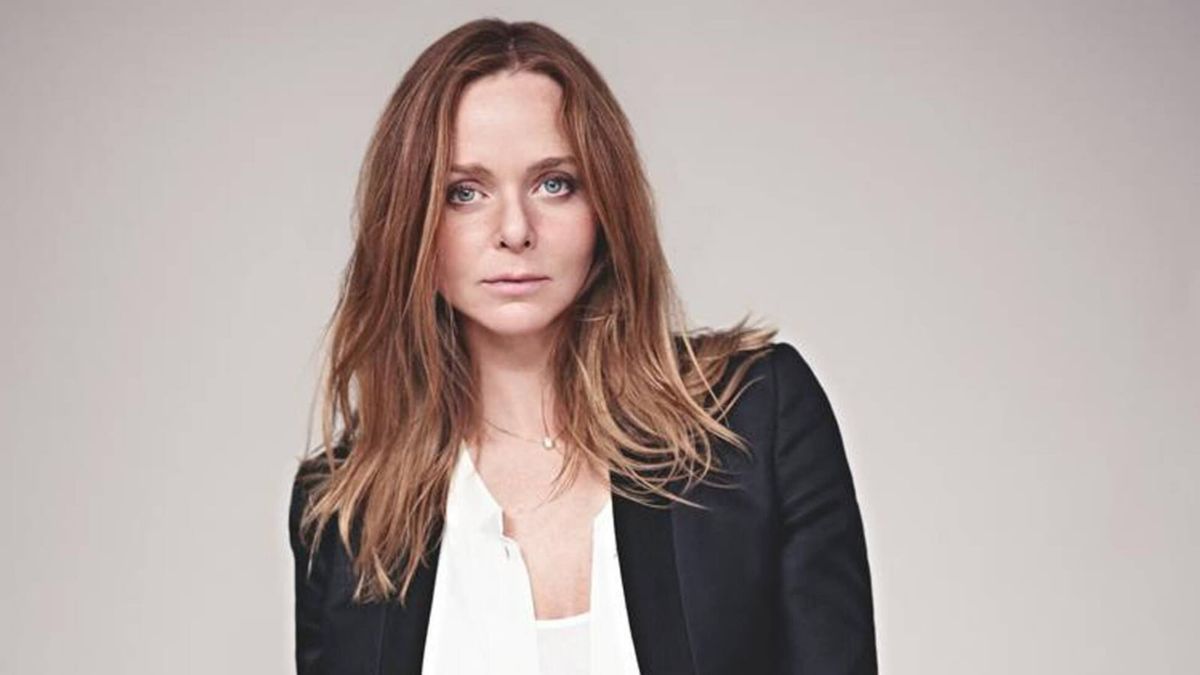
British fashion designer Stella McCartney has always been open about her environmentalism – as a firm supporter of animal rights she was one of the first major designers to champion vegetarian and animal-free products in her clothing lines. But as it becomes increasingly clear that the fashion industry is having a damaging impact on the environment, McCartney has become progressively more outspoken about her stance, criticising other designers for their lack of environmental responsibility and passionately working to ensure fashion and the environment can peacefully co-exist through innovations that include everything from ‘mushroom leather’ to bioengineered spider silk.
You may also like...
Sign up for our newsletter
Get the latest sustainability news delivered directly to your inbox.
